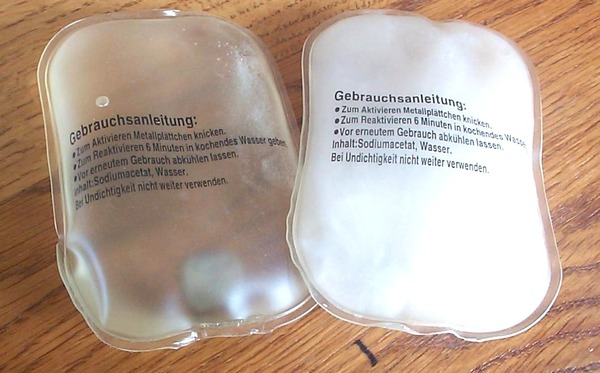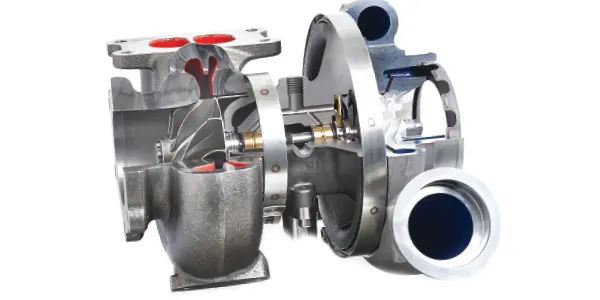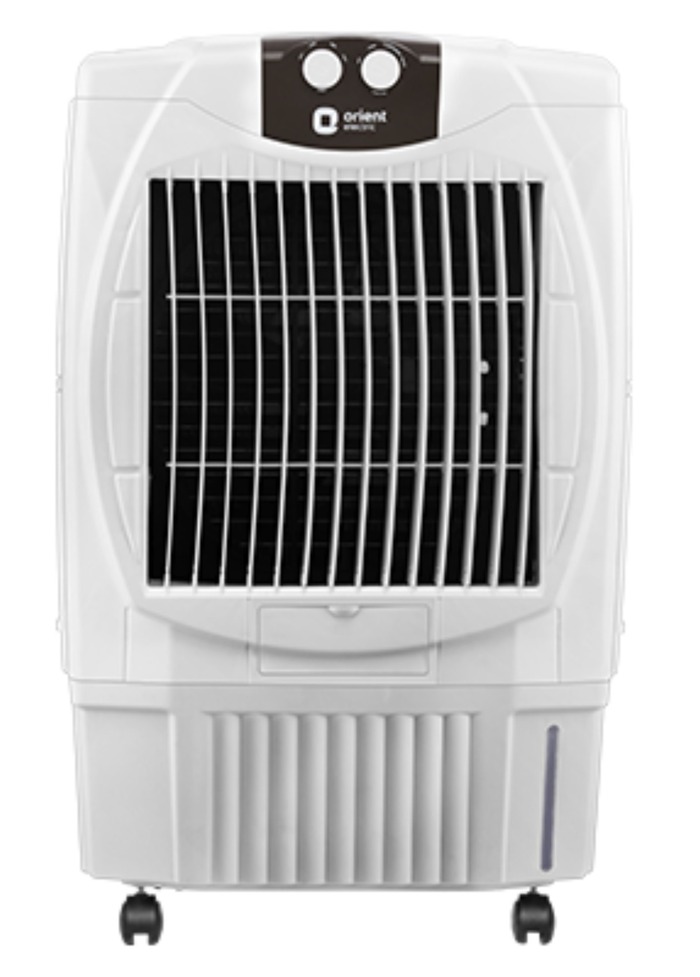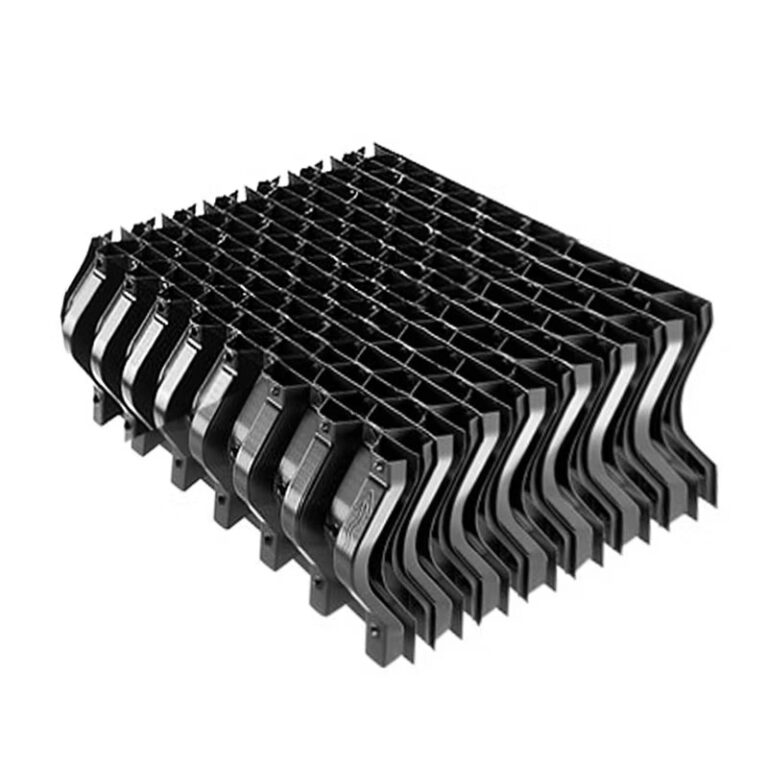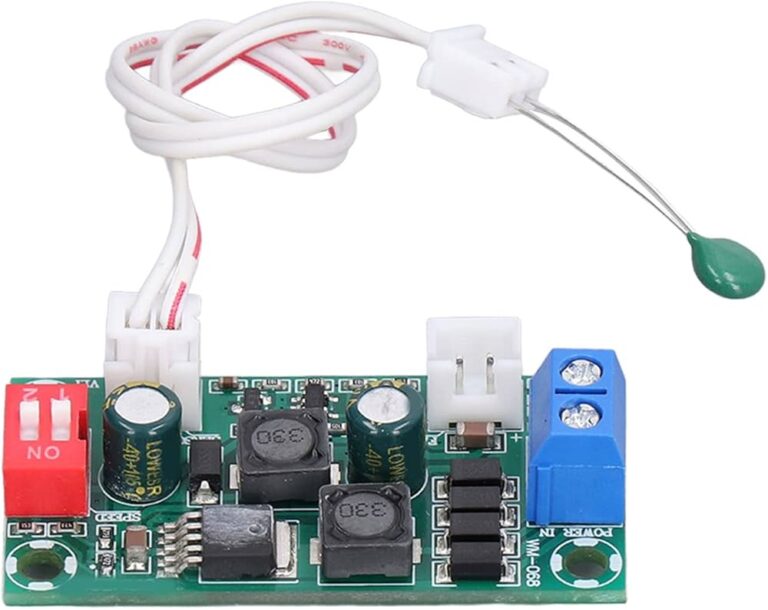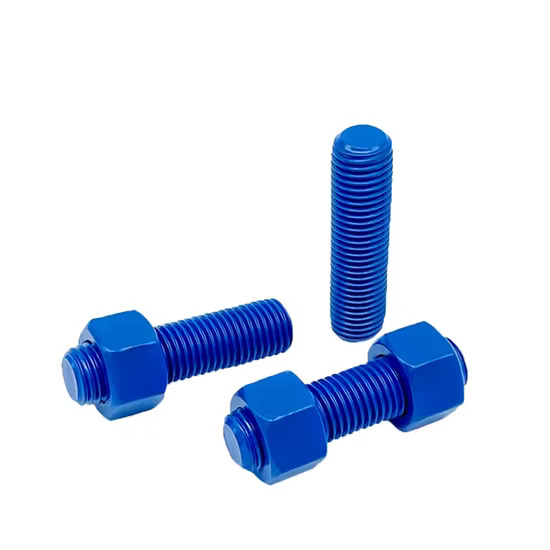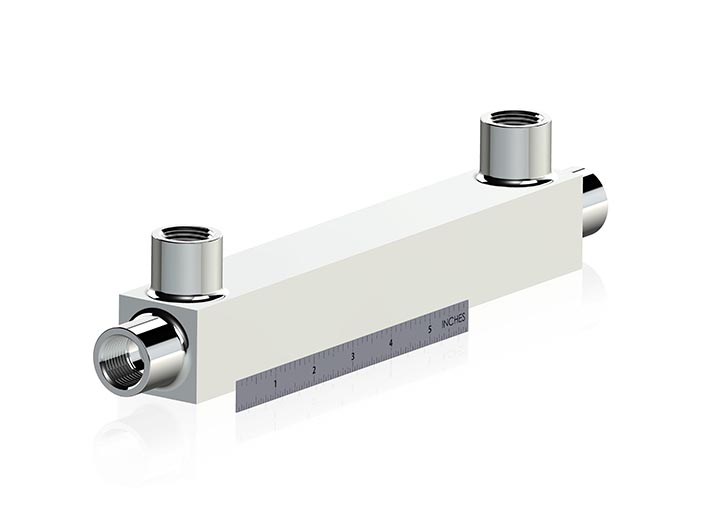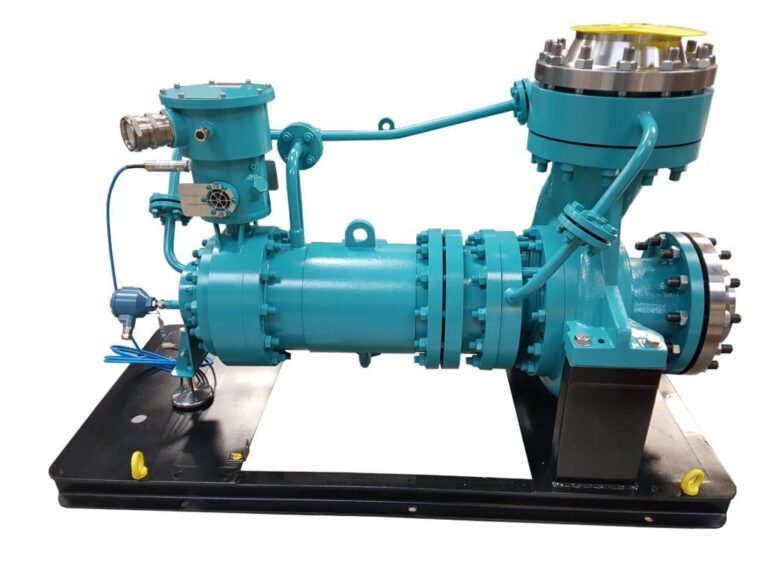Introduction Phase-change fluids (PCFs) introduce a more efficient mechanism by utilizing latent heat—the energy absorbed or released when a substance changes phase (e.g., liquid to gas or solid to liquid). By harnessing phase…
Turbo Flow Cooling
Introduction Turbo Flow Cooling is a revolutionary cooling technology designed to enhance heat transfer capabilities by utilizing high-speed fluid circulation, optimized flow dynamics, and advanced thermal regulation techniques. This innovative approach is a…
Aero Chill Towers
Introduction Aero Chill Towers Cooling technology plays a crucial role in modern industries, ensuring efficient temperature regulation for various applications, including HVAC systems, power plants, data centers, and manufacturing facilities. With rising energy…
Low-Maintenance Drift Eliminators
Introduction Low-maintenance drift eliminators have been developed as an advanced solution. These components effectively capture and redirect water droplets before they escape, minimizing water wastage while requiring minimal upkeep. Designed using durable, corrosion-resistant…
High-Precision Sensor Modules
Introduction High-precision sensor modules are sophisticated components designed to measure, detect, and analyze various physical parameters with exceptional accuracy and reliability. These modules are crucial in industries where precise data collection and real-time…
Corrosion-Resistant Fasteners
Introduction Corrosion-resistant fasteners are a vital component in industries that require durability, strength, and long-term reliability in challenging environments. Traditional fasteners, when exposed to moisture, chemicals, extreme temperatures, or saltwater, are highly susceptible…
Miniature Heat Exchangers
Introduction Miniature heat exchangers are cutting-edge thermal management devices specifically engineered to provide efficient heat transfer in compact spaces. Unlike traditional heat exchangers, which are often large and require significant space for installation,…
Smart Sensor Tubes
Introduction Smart Sensor Tubes play a vital role in industrial and commercial applications by dissipating excess heat from processes and HVAC systems. However, maintaining their efficiency and reliability requires constant monitoring of critical…
Energy-Optimized Pump Motors
Introduction Energy-optimized pump motors are a crucial component in industries where fluid movement and processing are essential, including HVAC systems, water treatment plants, manufacturing facilities, and power generation. These motors are specifically designed…
Industrial High-Torque Chillers
Introduction Industrial high-torque chillers are advanced cooling systems designed to handle high-capacity and precision cooling for various industrial applications. These chillers are specifically engineered to manage the intense heat loads generated by heavy-duty…

